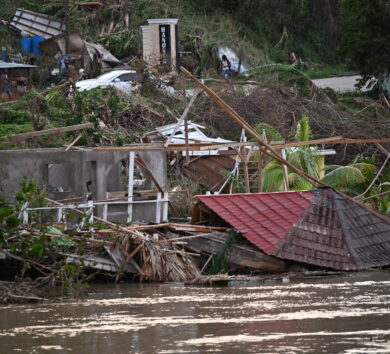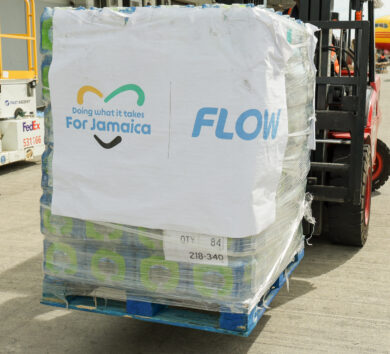

Durrant Pate/Contributor
A recent report released by the International Monetary Fund (IMF) has highlighted the clear and present economic dangers now facing Antigua and Barbuda.
The report, titled ‘Antigua and Barbuda: Risks Ahead (Annex II)’ details some of the significant risks that could impact the twin-island state’s economic stability in the coming months, driven mainly several significant risks that could impact the Eastern Caribbean island’s economic stability in the coming months. The report also outlined various factors that could pose challenges to the nation’s economic prospects.
One of the major concerns highlighted in the report is the potential impact of higher global commodity prices. In the report, the IMF cautioned that increased commodity prices could lead to renewed inflationary pressures and the erosion of household incomes, placing additional strain on the economy. This comes at a time when nations worldwide are grappling with economic uncertainties stemming from various global events.
Concerns about tourism
In addition, the report underlines the importance of the tourism sector to Antigua and Barbuda’s economy. The cited the nation’s heavily relies on tourism noting that any slower-than-expected growth in trading partners could adversely affect tourism demand.
The potential tightening of global financial conditions, the report argued could also make it more challenging for the government to access international capital markets, adding an additional layer of complexity to economic management. Another concern highlighted in the report is the strengthening of the U.S. dollar, which could negatively impact competitiveness, particularly in attracting European and Canadian tourists.
This shift in currency dynamics could potentially affect the country’s tourism revenue. The report underscored the vulnerability of Antigua and Barbuda to climate change, observing that more frequent and severe droughts or hurricanes could have devastating consequences for the nation, impacting key sectors such as agriculture and infrastructure.

In focusing on fiscal dynamics, the report details that the cost and availability of fiscal financing through regional or domestic debt markets may become more restrictive, potentially worsening debt dynamics and leading to increased recourse to arrears. This situation, the report says could be exacerbated if planned deficit reduction measures are not realised, including potential underperformance of revenues from the Citizenship by Investment Program.
However, the IMF report did acknowledge some upside risks, such as stronger-than-expected foreign direct investment (FDI) inflows. Increased FDI could contribute to a boost in construction activity, potentially providing a positive turn for the economy. Additionally, stronger demand in the U.S., especially during the low tourism season when accommodation supply constraints are less binding, could present opportunities for growth.







Comments